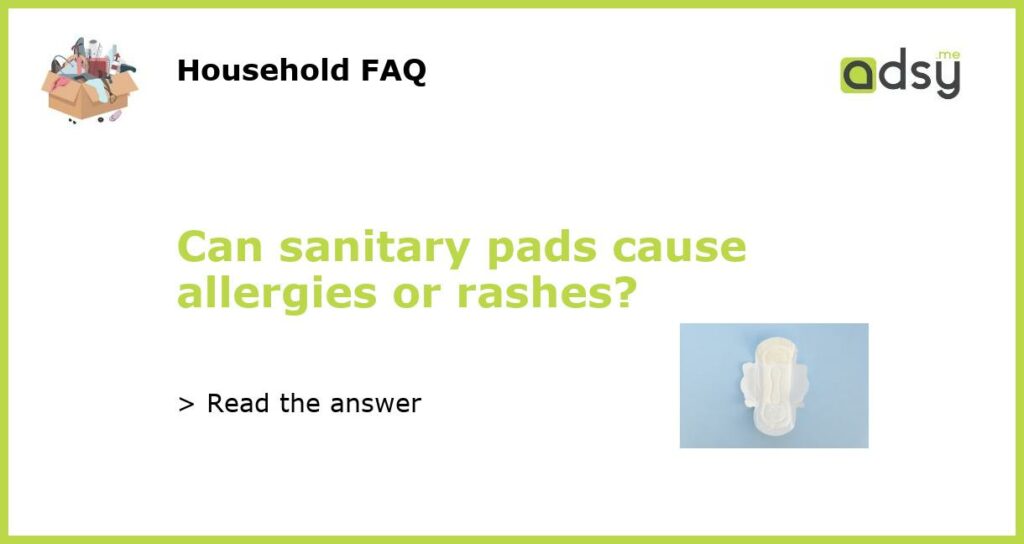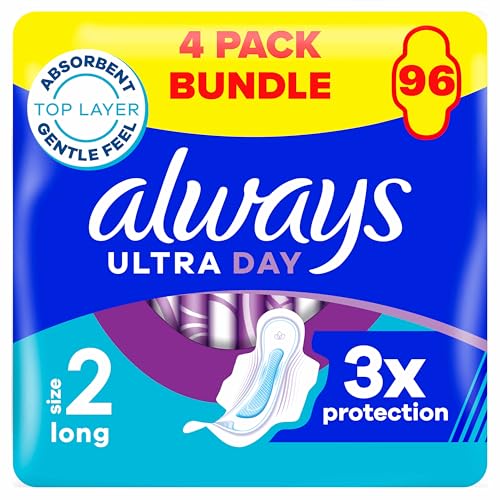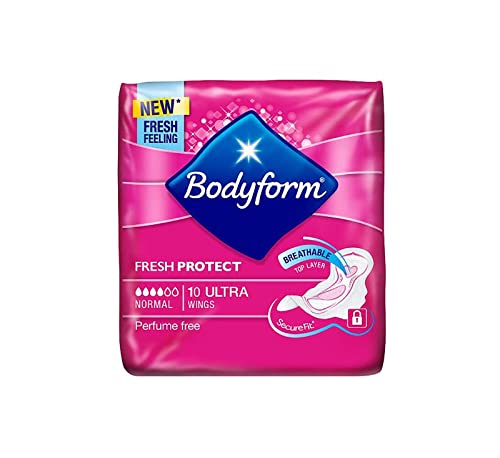Can sanitary pads cause allergies or rashes?
Sanitary pads are an essential product for many women during their menstruation cycle. These pads are designed to provide comfort, absorbency, and leak protection. However, some women may experience allergies or rashes when using certain types of sanitary pads. While this is not a common occurrence, it is essential to understand the potential causes and ways to prevent such reactions.
Potential causes of allergies or rashes
1. Chemicals and fragrances: Some sanitary pads contain chemicals or fragrances that can irritate the skin. These added ingredients may enhance the overall experience for some women but can cause allergic reactions for others.
2. Allergies to specific materials: Sanitary pads are made from different materials, such as cotton, synthetic fibers, or a combination of both. Some women may be allergic to certain materials used in the manufacturing process.
3. Poor ventilation: Prolonged exposure to moisture and lack of proper ventilation can create a favorable environment for bacterial growth, leading to rashes or irritations.
4. Lack of adherence to hygiene practices: Failing to change sanitary pads frequently or not maintaining proper hygiene during menstruation can contribute to the development of rashes or skin irritations.
Preventing allergies or rashes
1. Choose hypoallergenic pads: Opt for sanitary pads that are labeled as hypoallergenic and free from chemicals, fragrances, and dyes. These pads are specifically designed to reduce the chances of allergic reactions or skin irritations.
2. Select the right material: If you have known allergies or sensitivities to specific materials, choose pads made from materials that are gentle on your skin. Cotton is often considered a safe and breathable option.
3. Practice good hygiene: Change your sanitary pad regularly, at least every 4-6 hours, to maintain cleanliness and prevent excessive moisture buildup. Additionally, ensure you clean the external genital area with mild soap and warm water during each change.
4. Avoid harsh soaps or cleansers: Using harsh soaps or cleansers in the genital area can strip the natural oils and disrupt the pH balance, leading to skin irritations. Use mild, fragrance-free soap or water to cleanse the area.
When to seek medical advice?
In most cases, mild rashes or irritations can be resolved by practicing good hygiene and using suitable sanitary pads. However, if you experience persistent or severe symptoms, it is advisable to seek medical advice. Signs to watch out for include:
– Rashes that do not improve after a few days
– Intense itching or burning sensation
– Blistering or oozing of fluid
– Swelling or redness spreading beyond the genital area
A healthcare professional can evaluate your condition, identify any underlying causes, and recommend appropriate treatment options.
While allergies or rashes from sanitary pads are not common, they can occur due to various reasons such as chemicals, materials, poor ventilation, or inadequate hygiene practices. Choosing hypoallergenic pads, opting for the right materials, practicing good hygiene, and avoiding harsh soaps can help prevent such reactions. Keep an eye out for persistent or severe symptoms and seek medical advice if necessary. Remember, every woman’s body is unique, and it’s essential to find the sanitary pads that work best for you to ensure a comfortable and irritation-free menstruation experience.






